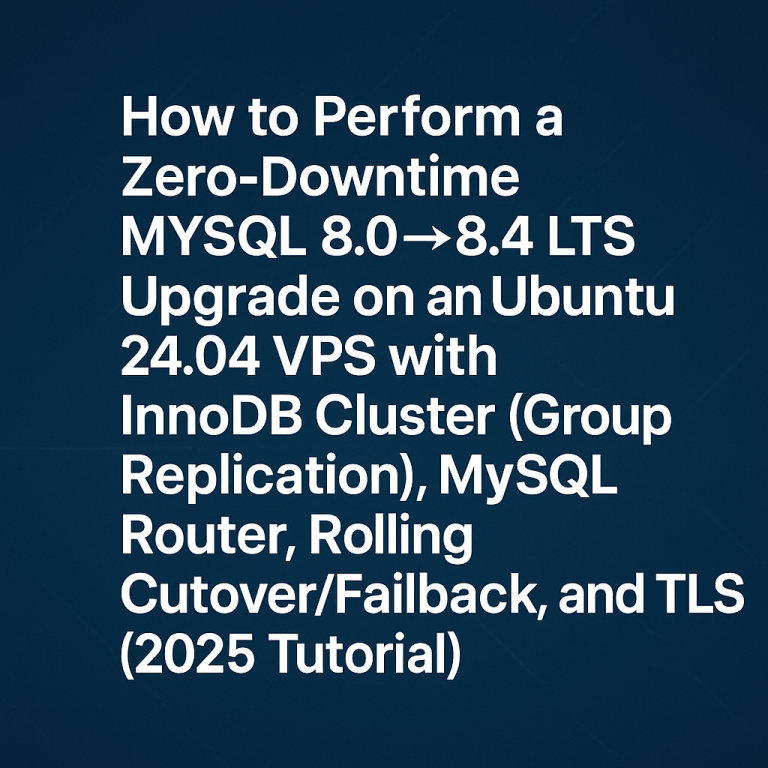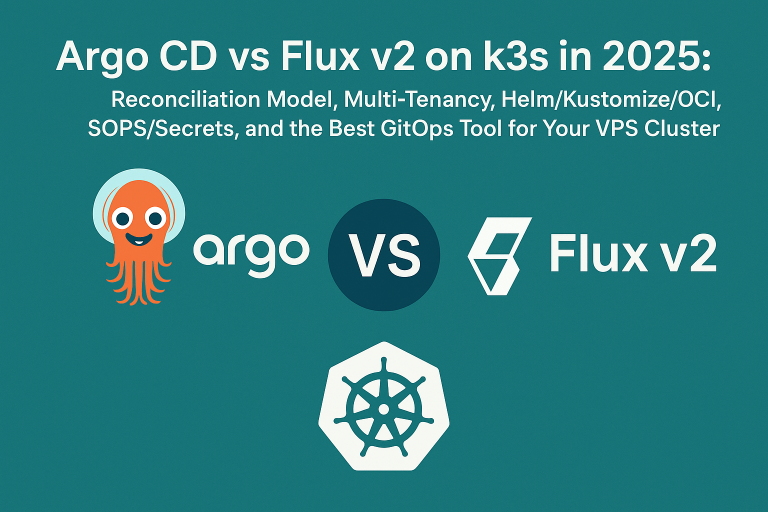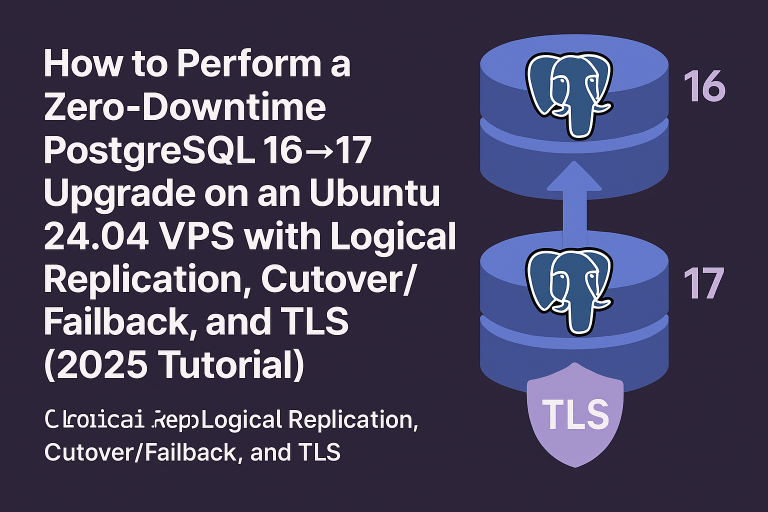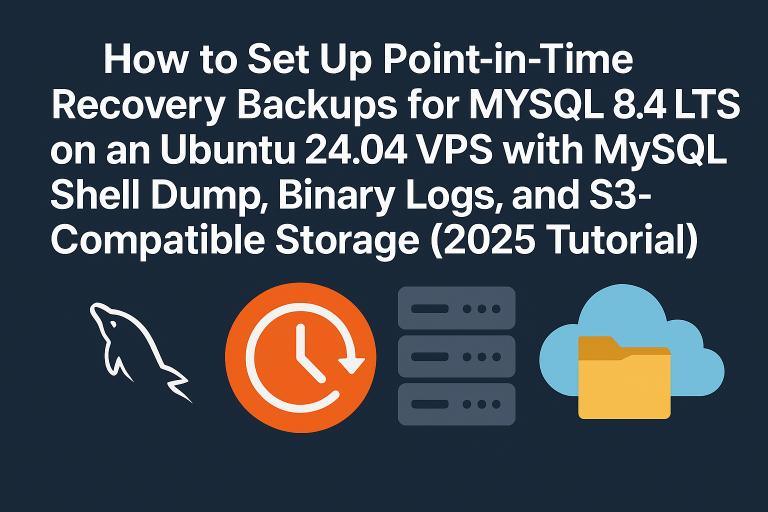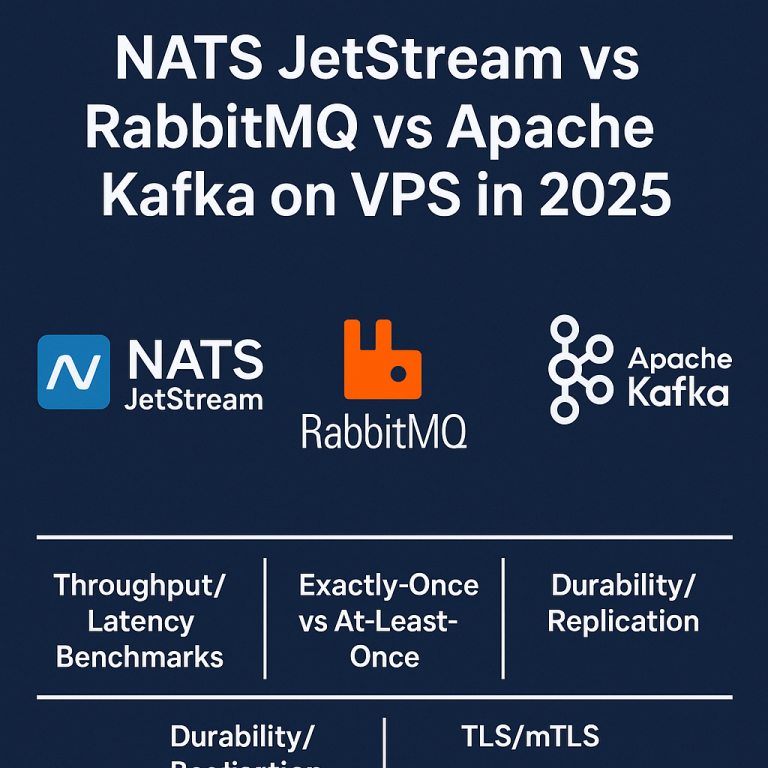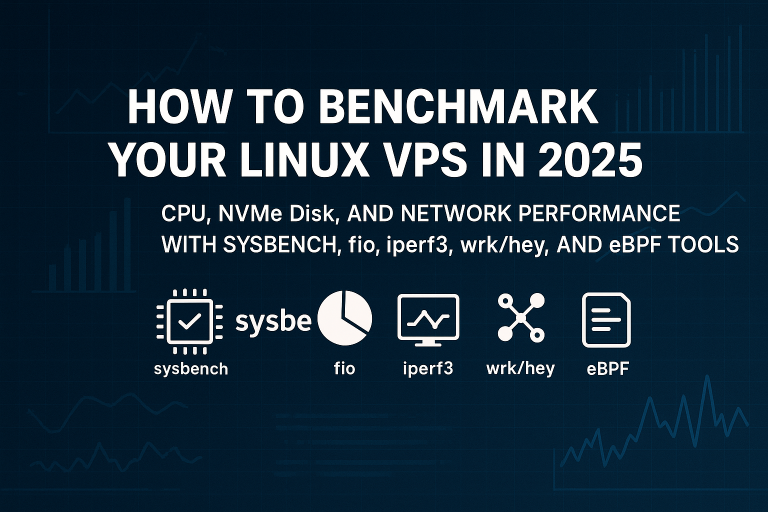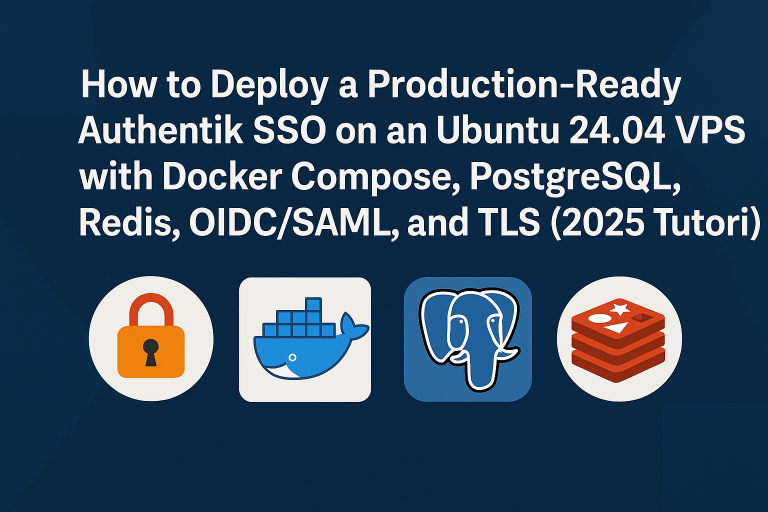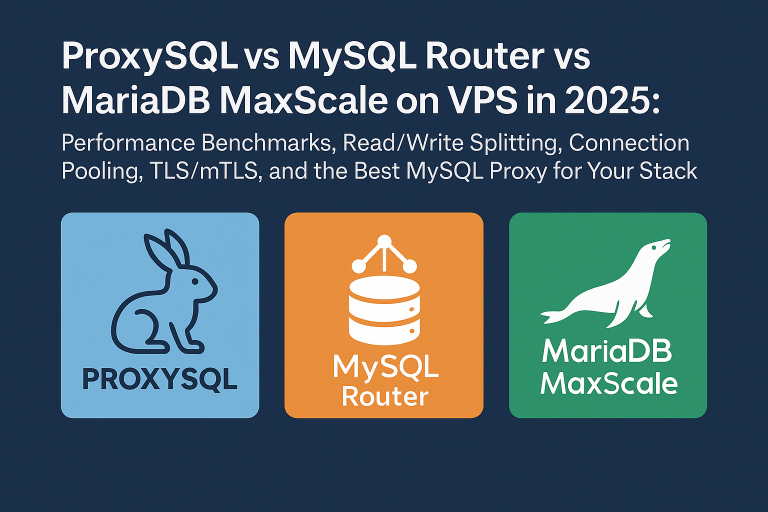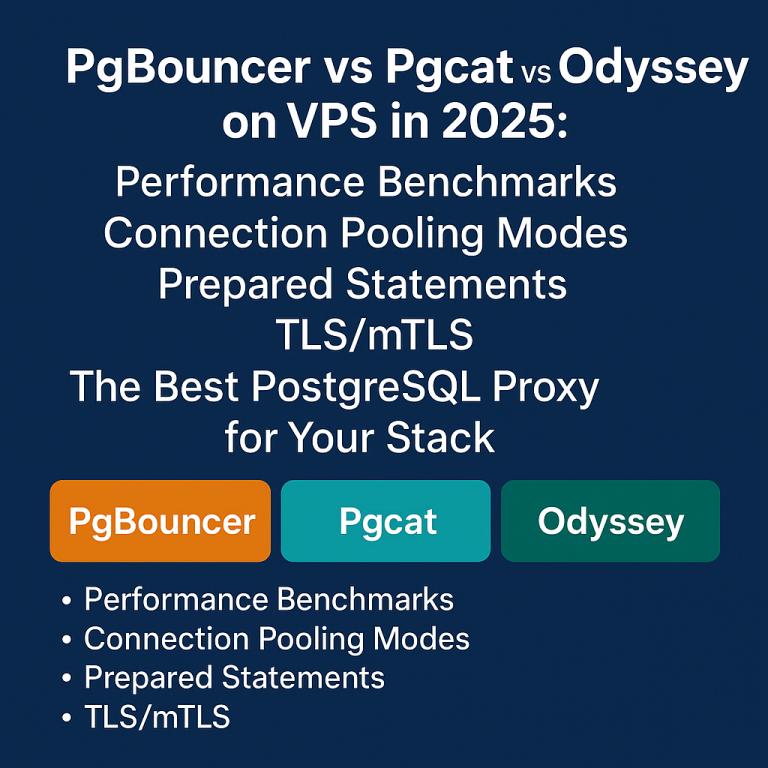How to Deploy a Production‑Ready Gitea on an Ubuntu 24.04 VPS with Docker Compose, PostgreSQL, MinIO/S3 for LFS/Artifacts, OIDC SSO, Actions Runners, and TLS (2025 Tutorial)
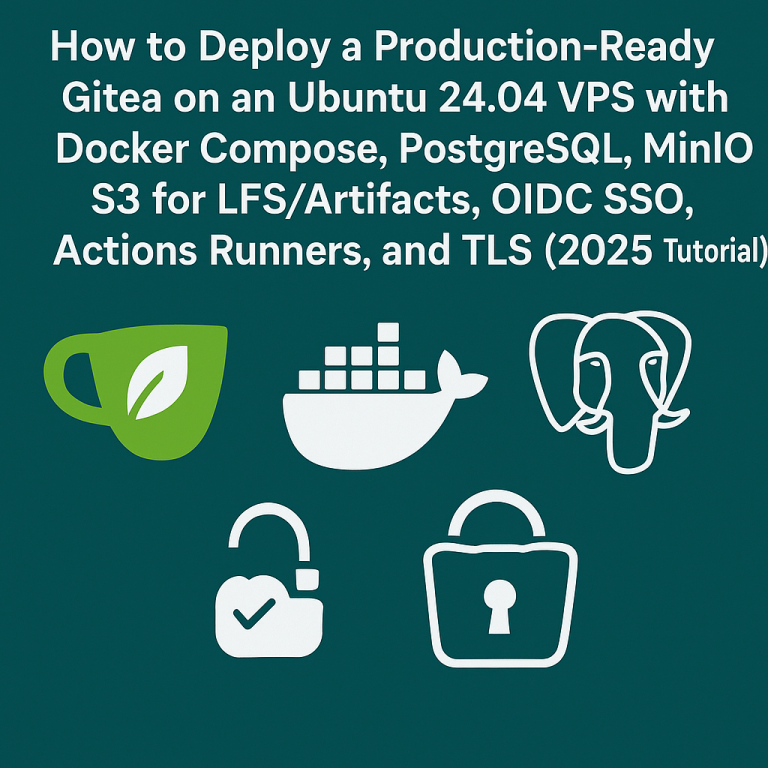
Introduction Gitea is a lightweight, self-hosted Git service with features comparable to GitHub, including Git LFS, CI/CD actions, and package registries. This tutorial shows you how to deploy a production-ready Gitea instance on an Onidel VPS in Singapore with enterprise-grade…

